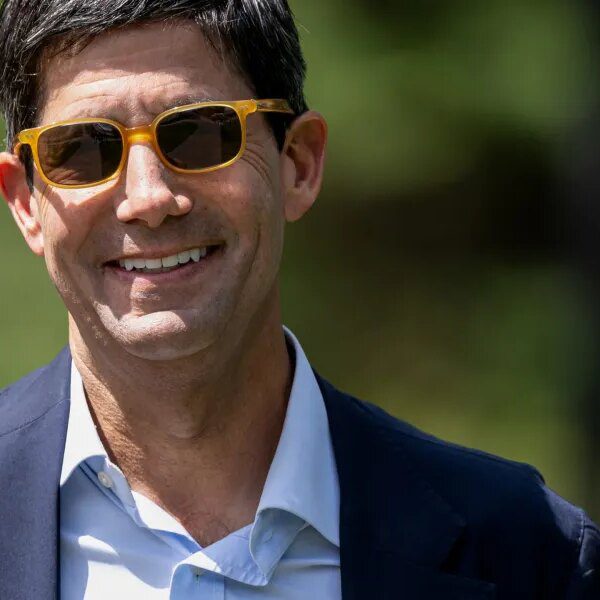
Cognitive empathy may sound like a soft skill, but Christine Barton calls it one of the hardest to master. The Boston Consulting Group managing director and senior partner defines it not as feeling someone else’s emotions but as understanding their perspective: seeing the context, pressures, and biases that shape how others interpret the world. “It’s active curiosity,” she says. “You recognize their point of view without having to mirror their feelings.”
Leadership styles swing between command-and-control and more humanistic approaches, but Barton argues today’s volatility—geopolitical shocks, rapid technological change, and “wild-card uncertainties” like pandemics or climate crises—makes cognitive empathy essential. Once executives reach the top, she notes, they often operate in a bubble.
“People around you get attuned to reading [the] type of information you react well to and start feeding you more of that, and what you react negatively to, they start feeding you less.” Practicing cognitive empathy “pierces that bubble” and forces leaders to seek diverse inputs to weigh risks and opportunities.
That doesn’t mean abandoning conviction, Barton says. Even while listening carefully, questioning biases, and adapting their understanding, leaders must keep a clear point of view. Cognitive empathy is intended to strengthen judgment, not replace it with endless consensus. Barton cites former Revlon CEO Jack Stahl’s idea of a “shapeable point of view,” one that is “thoughtful, intentional, based on a set of principles,” yet open to challenge. “It strengthens both the decision and the story you tell,” Barton says.
Crisis communication is where the skill proves vital, she adds. When stakes and emotions run high, every message is scrutinized. Cognitive empathy helps leaders anticipate how employees, investors, and customers will perceive a situation and tailor explanations so each audience feels understood. “It’s not about telling different stories,” Barton says. “These things are all cohesive and integrated, but you’re emphasizing different aspects based on the audience.”
Some fear that cognitive empathy slows decision-making, but Barton disagrees. “You’re still going to have a point of view,” she says. “But you should be actively out there, challenging your own biases and really seeking deep input rather than having formulated that perspective alone.”
It’s also a skill anyone can build. Barton recommends offering undivided attention, asking probing questions, convening groups to share vulnerabilities, building trust as a confidant, or running experiments to see how teams respond. The method matters less than the mindset. “There is no one way to do cognitive empathy that anybody should say, ‘Well, that just doesn’t feel authentic to me,’” she says.
Ruth Umoh
[email protected]
Smarter in seconds
Merger muscle. How David Ellison becomes Goliath
Risk dividend. How an openness to risk positioned one executive to ride the biggest wealth wave in history
Culture cascade. Red Lobster’s CEO on shaping culture and why teams mirror leadership
Leadership lesson
Aneri Jambusaria, LPL Financial’s chief wealth officer, on authentic leadership: “That includes demonstrating our personal interests, our personal lives, being honest when things don’t go as planned, taking accountability when that happens, and indicating changes that you’re going to make because of it.”
News to know
Tech companies spent the weekend scrambling to make sense of President Trump’s Friday night H-1B bombshell, and the turmoil is set to continue this week. Fortune
Economists aren’t so sure the $100,000 visa fee will help U.S. workers. WSJ
The U.S. and China are close to a deal to spin off TikTok’s U.S. operations to a consortium led by Oracle. Here’s what’s known—and what isn’t. Bloomberg
A handful of multi-manager hedge funds have reshaped costs and incentives, driving trader pay into nine figures. FT
Google faces a second showdown with the U.S. government on Monday over how to address its advertising technology monopoly and avert a potential breakup. NYT
Warren Buffett just sold his entire stake in Tesla-rival BYD as profits fall and tariff questions rise. Fortune















